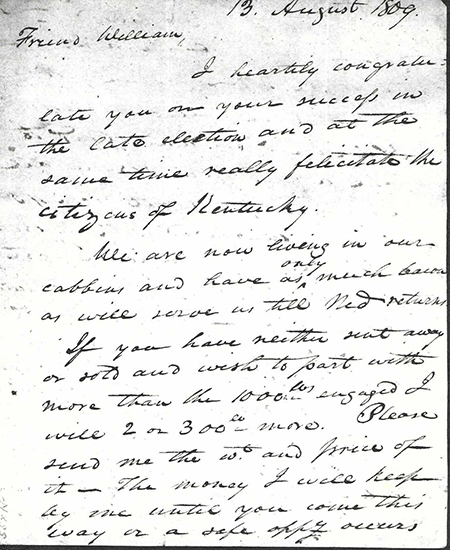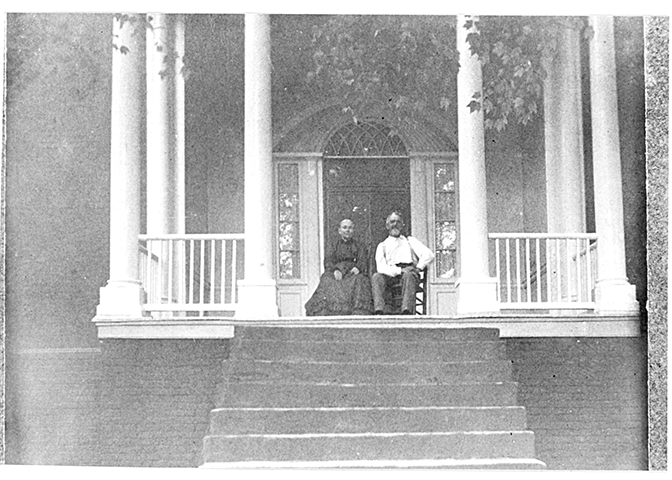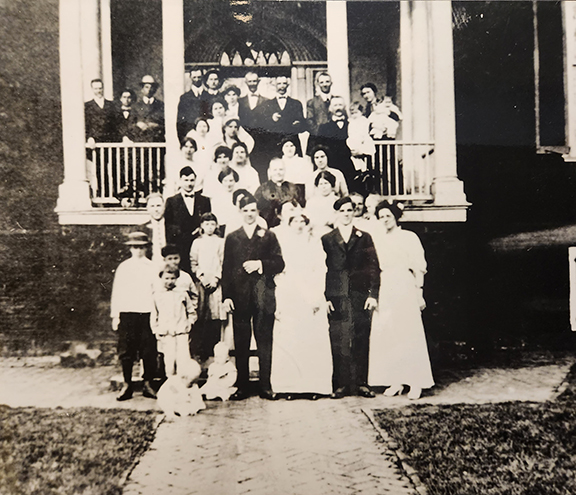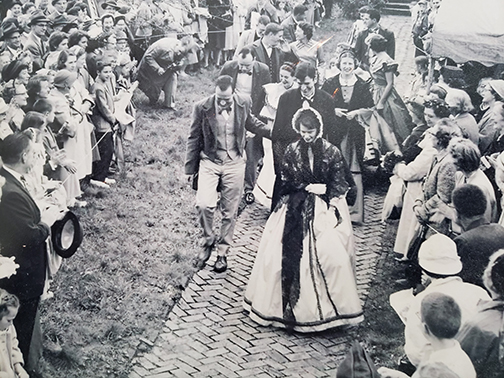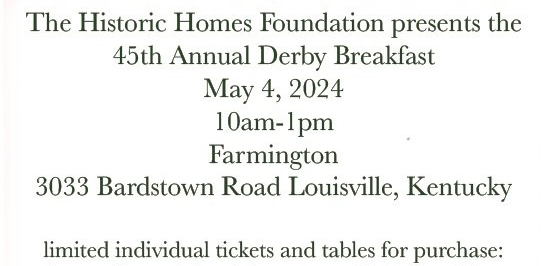The History of Farmington
In an April 1809 letter John Speed told his business partner William Pope, “We are now living in our cabins (sic) and have only as much bacon as will serve us till Ned returns.” a statement that marks the beginning of the Speed era at Farmington. The Speed family and the enslaved lived in rough cabins until the remarkable Federal style main house was completed in 1816. Enslaved men set about clearing fields and planting crops, developing the 550 acres into a productive hemp operation. Before he died in 1840, John Speed developed a rope walk and “hemp weaving factory” and sold finished product in addition to hemp fiber. Three years after the death of her husband, Lucy Fry Speed sold Farmington’s main house and 143 acres to her son-in-law, Austin Peay. Although Peay died in 1848 his wife, Speed daughter Peachy, owned Farmington until the end of the Civil War, giving the family a 56-year tenure on the plantation.
In 1865 Henry Drescher purchased the main house and part of the acreage from Peachy Peay. The Drescher family lived at Farmington for 43 years, operating a successful truck and potato farm until 1908 when Henry’s heirs sold the farm to the Bischoff family.
Eliza and Henry Drescher
The Bischoffs also farmed potatoes and lived at Farmington until the mid-1940s. William C. Tyler purchased the now dilapidated property but sold soon after to Porter and Violet Smith who were interested in preserving the exquisite architecture of the main house. They added another house to the property and incorporated the original smoke house as its kitchen.
The Bischoff Family
In 1957, local citizens and city leaders formed Historic Homes Foundation (HHF) in order to restore Farmington’s main house. On April 18, 1959, Farmington opened as Louisville’s first historic house museum offering tours, educational programming, preservation directives, and community partnerships. For over 60 years, Farmington has shared stories of Kentucky’s hemp agriculture and Federal-era architecture through the histories of the Speed family, the enslaved people who lived and worked on the 550-acre farm, and Farmington’s most famous visitor, Abraham Lincoln. The future president stayed at Farmington in the summer of 1841 as a personal friend and guest of the prominent Speed family, where he experienced first-hand the affluent lifestyle of the southern planter class. HHF and Farmington recognize there are many more stories to be learned. We maintain a commitment to documenting the past, educating the public on our research, and connecting future generations with an accurate glimpse of life in the early days of a burgeoning Commonwealth.
Opening Day, April 18, 1959!
CONTACT FARMINGTON
3033 Bardstown Road
Louisville, Kentucky
United States
502-452-9920
EMAIL FARMINGTON
TOUR TIMES
Tuesday - All tours must be pre-booked online
Wednesday - 10 am - 2 pm
Thursday - 10 am - 2 pm
Friday - 10 am - 2 pm
Saturday - 11 am - 1 pm
Tours begin promptly on the hour

